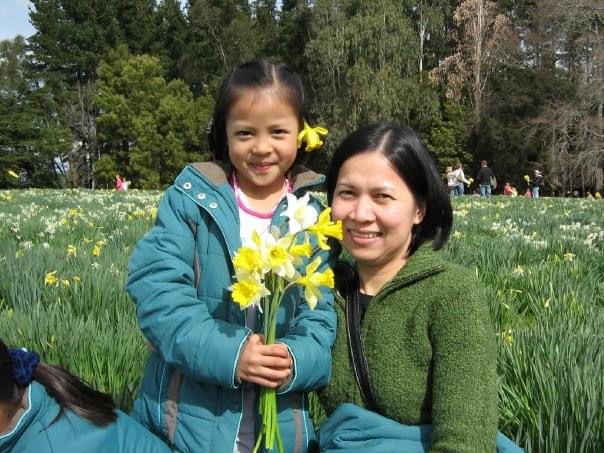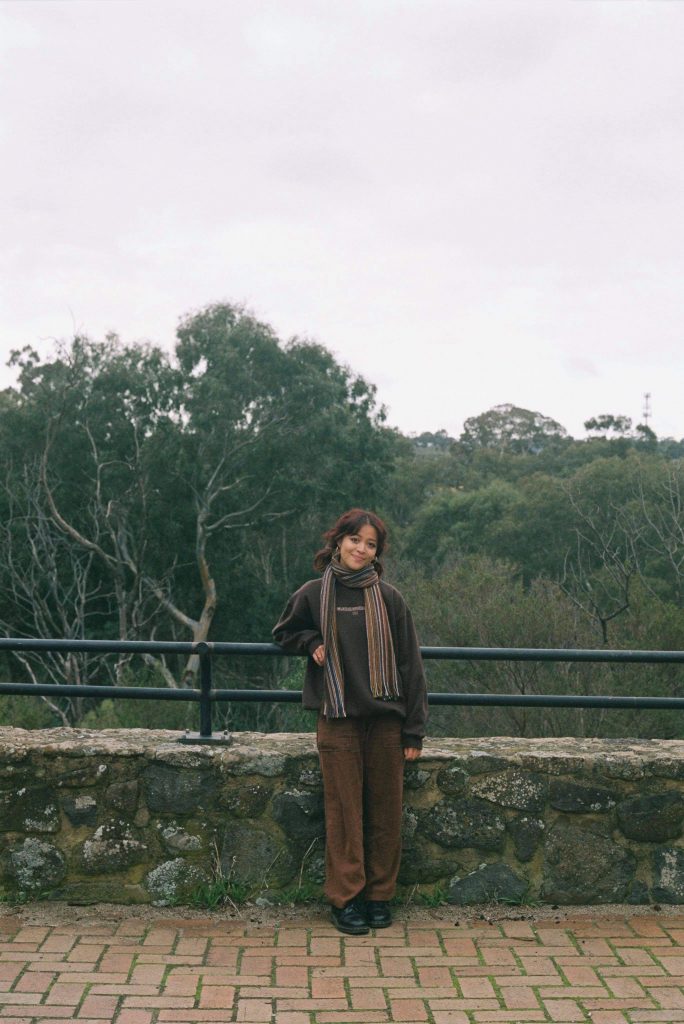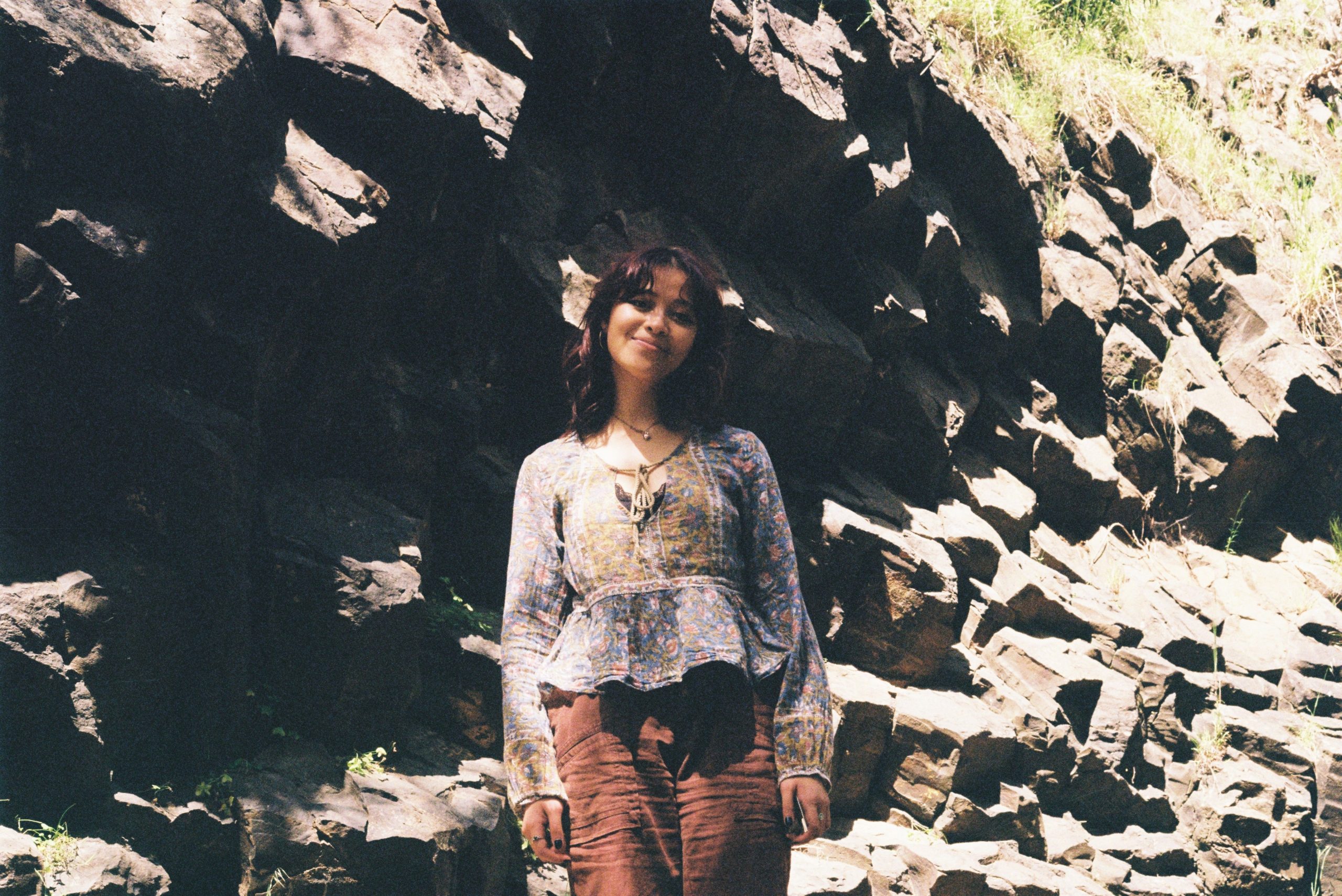For the most part, my childhood consisted of moving. Moving from house to house, but also country to country.
When I was five years old, my family and I left the Philippines and moved to New Zealand. Gone was all that was familiar to me in Metro Manila: the thick – sometimes unbearable – humidity; the potent exhaust fumes from cars and jeepneys; the rumbling motors of tricycles zooming past the seemingly endless chaos of traffic; Jollibee’s ever-iconic fried chicken.

I spent three years in Wellington, New Zealand, living a care-free life as a little Kiwi kid. Even though I’ve forgotten a lot from that time, I do remember being the only Filipino kid in my school. I thought that was pretty cool.
In 2010, we made our second move across the sea all the way to Melbourne, Australia. By now, I was a little older, a little more fluent in English and a little more awkward.
Regardless of where we lived, aspects of Filipino culture have always saturated my home life. Mundane things like taking your shoes off when you enter the house, cooking Filipino food like my favourite, lumpia (spring rolls), or our parents speaking to us in the language of Tagalog.
But I think back to the tableau of my home country with a faraway familiarity. This was once my norm, now so distant to me. Soon enough, being Filipino wasn’t so much as an inherent identity, but rather a mere word to label my ethnic background.
I distinctly remember sitting in my VCE English class studying two books about the immigrant experience, specifically that of Asian migrants moving to Western countries. One of those books was the anthology, Growing Up Asian in Australia by Alice Phung. The inclusion of such texts within the curriculum does see a greater effort to acknowledge Asian narratives and cultures within Australia’s diverse population.
But when I look back at VCE, I realise that I never really applied a lens of empathy to our reading material, and I sensed that most of the students didn’t either. School texts were merely there for the purpose of study, to write essays about and for those essays to be graded. But perhaps my reluctance to engage entirely in these texts was a product of my own internalised othering.
Internalised othering. I don’t know if such a term exists, but it is something that I have now become acutely aware of. To me, it refers to when an individual subconsciously harbours and projects hurtful notions of othering – even unto oneself. This is not a piece for me to lament on my experiences with microaggressions and racism. Nor is it a piece to break down my fears of colourism, tokenism and Asian fetishization. But it is important to recognise that the latter are some of many factors that have caused me and perhaps other POC to suppress the very things that make us ‘different.’
As a teenager, I have lived to seamlessly assimilate into the social landscape of Australia. It has always been a natural process, one that occurs without conscious thought. One of many examples of this is my change in accent. Code-switching is a frequent occurrence, wherein an ‘Aussie’ accent is always present unless I am speaking with my family.
But years of cultural dilution takes its toll.
I have inevitably become guilt-ridden for my cultural disconnection; I have grown insecure that I am not well-versed in the history of my home country; I have borne the weight of cultural tensions between myself and my family; I have felt shame for losing the language of my country – how is it that I had spent six years of high school learning Italian, but have made no effort to keep Tagalog alive?
I have begun to feel like I am not being true to myself.
I, and many other Filipinos, are faced with a weird dilemma of having to adapt to the landscape on which our parents have settled to benefit from what the new land has to offer, but in doing so means having to downplay our ethnicity. Assimilation into Australian culture has compromised my cultural identity and has perpetuated a disconnection to my Filipino heritage, whether intentional or not. And this reality doesn’t sit right with me.
It was only until this year when I realised, it doesn’t have to be that way.
A few months ago, I had a browse of my bookshelves for some new reading material. My eyes landed on the pale, blue spine of Alice Phung’s anthology, which had been sitting there on that shelf, all forgotten and gathering dust. Let’s give this one another go.
I read these personal accounts, essays, and poems through a new lens – I felt like I had just been given a massive hug. These were real stories about being outsiders, written by outsiders. It was incredibly comforting reading about common, shared experiences, the good and the bad. I found the most solace in reading the anecdotes written by the second-generation Asian Australians – they too, felt stuck between two worlds and struggled with juggling their multiple cultural identities.
It was eye-opening to realise that for a long time, I have carried a very blurred perception of my own place and perspective. I have always felt like a hyphenated identity. Am I Filipino? Am I Australian? Well, I am both. And that does not have to be a bad thing.
I am incredibly fortunate to have grown up in a place with so much opportunity and privilege. To even have the time to ponder on the complexities of my identity is a credit to the love and support that surrounds me and enables an environment in which I am safe enough to do so. Safe, because of the trustworthy networks of friends and family that I have formed over the years. And for that I am eternally grateful.
I have just reached a point where I have ultimately grown a distaste to this white washing cultural dilution. I think I have acknowledged that my cultural identity is not one solid thing; it is dynamic, constantly changing and will continue to do so as I grow older. It is my job now to ensure that I don’t lose a significant part of my identity at the expense of another. My journey of acceptance and unlearning has begun, but there is still a long way to go. It will take time and effort, but it will be entirely worth it in the end.
Because I am Filipino, and I am proud.

Article written by Editor Beatrice Madamba


